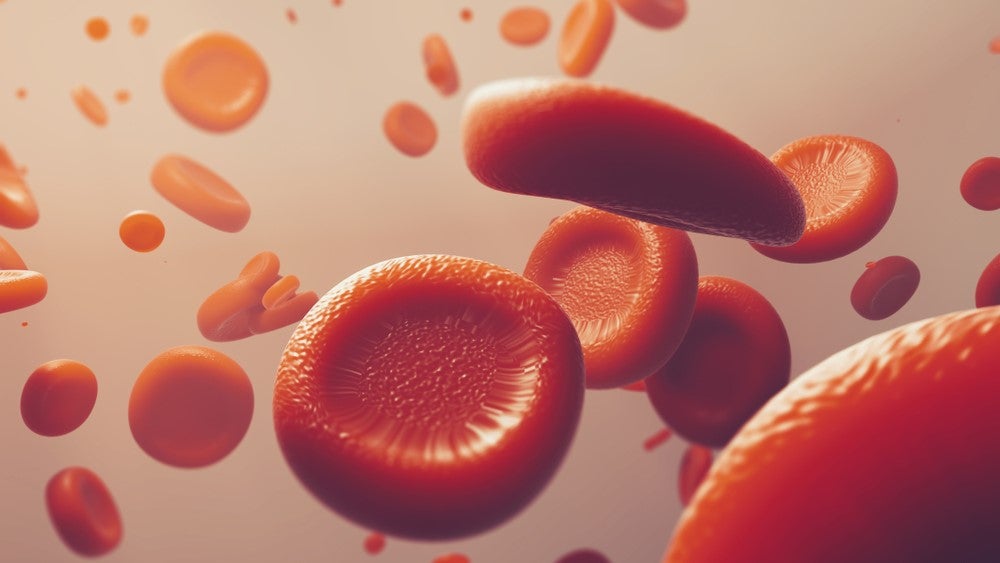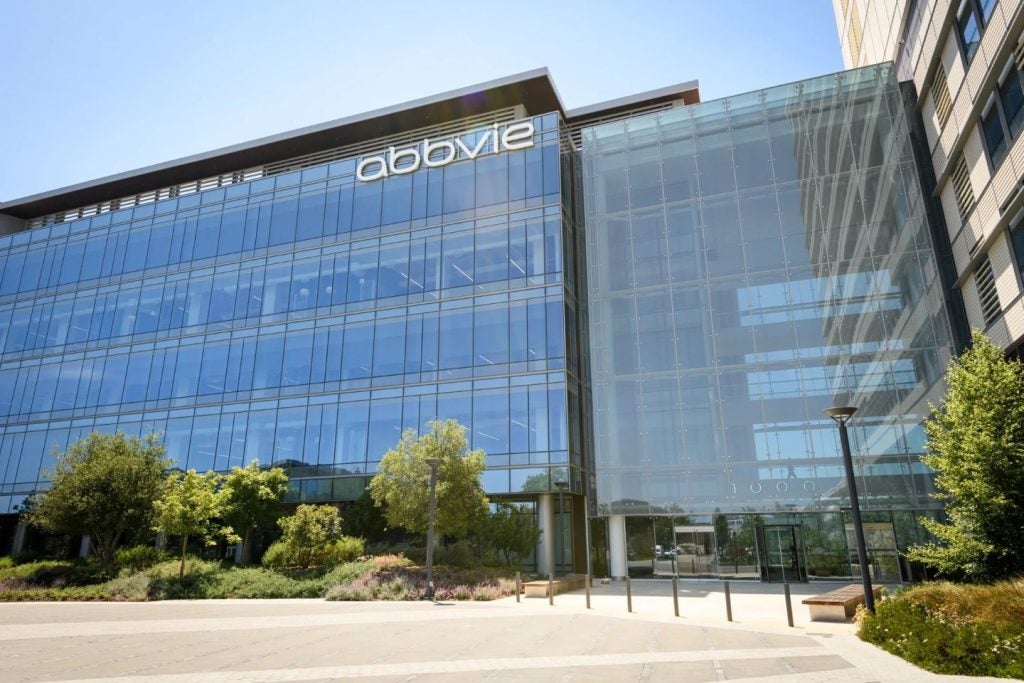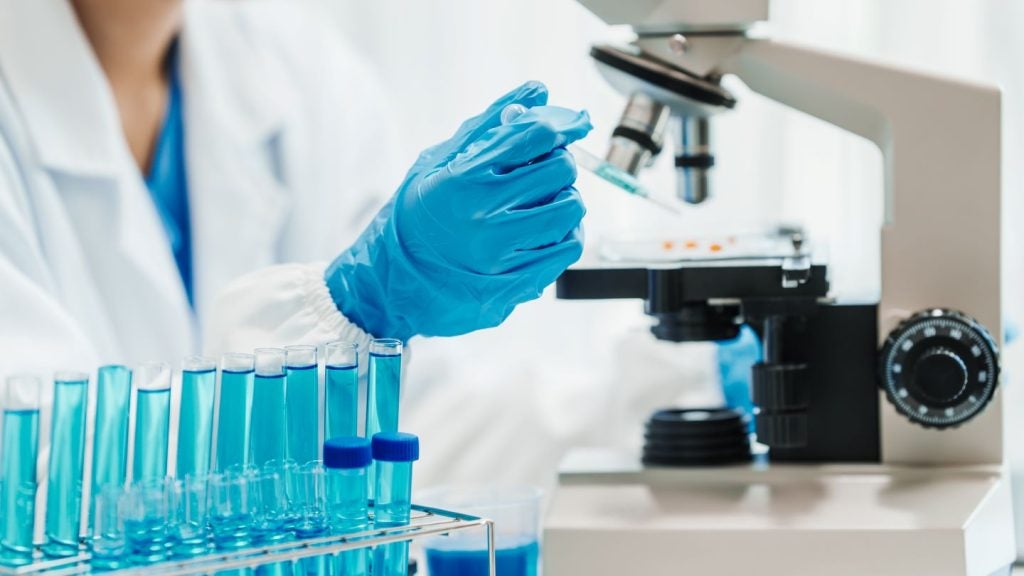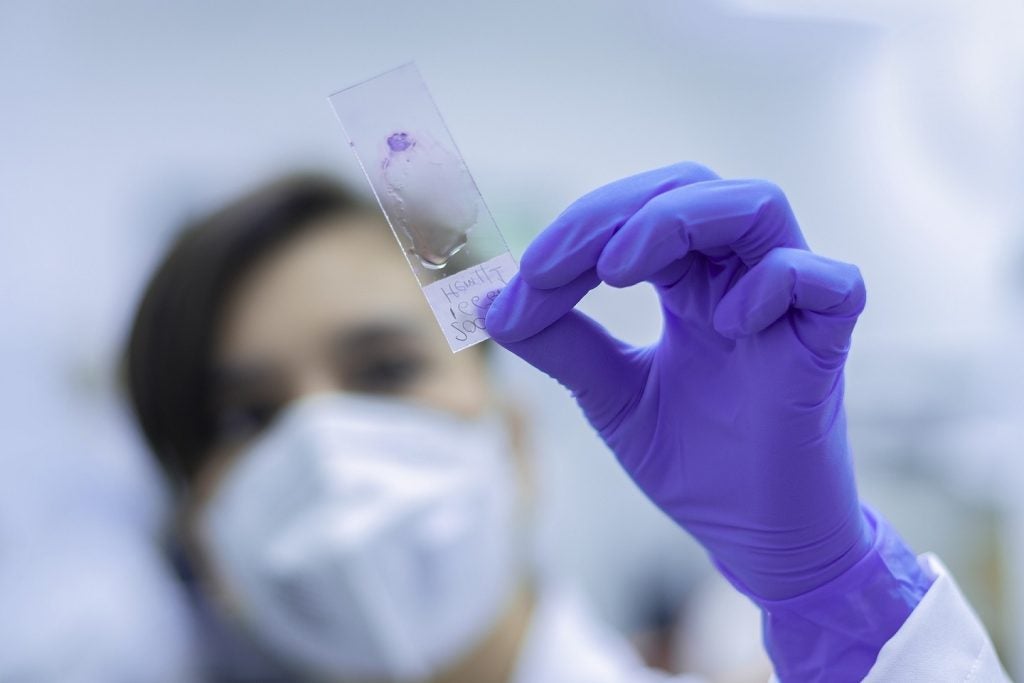Agios Pharmaceuticals’s mitapivat met primary and two key secondary endpoints in a Phase III ENERGIZE trial in patients with non-transfusion-dependent alpha- or beta-thalassemia.
The company also plans to file for regulatory approval of mitapivat as a treatment for thalassemia by the end of the year.
The regulatory filing will also include data from the second Phase III ENERGISE-T study (NCT04770779) of mitapivat in adults with transfusion-dependent alpha-thalassemia or beta-thalassemia. The topline data from the trial is expected in mid-2024, as per a 3 January press release.
Mitapivat is a pyruvate kinase activator, which was approved as a treatment for haemolytic anaemia in adults with pyruvate kinase deficiency in 2022. It is sold under the brand name Pyrukynd for the haemolytic anaemia indication. It generated $7.4m in net US sales in Q3 FY 2023, as per Agio’s financials.
The market for thalassemia therapies is forecasted to grow from being worth approximately $1bn in 2023 to over $4.5bn in 2029, as per GlobalData analysis.
GlobalData is the parent company of Pharmaceutical Technology.
One of the major drivers for growth is the approval of expensive gene therapies. In November 2023, CRISPR-based gene editing therapy Casgevy (exagamglogene autotemcel) developed by Vertex Pharmaceuticals and CRISPR Therapeutics was conditionally approved in the UK as a treatment for transfusion-dependent beta-thalassemia.
Phase III data
A total of 194 patients were enrolled in the Phase III ENERGIZE trial (NCT04770753). Of these, 122 in the mitapivat arm and 62 in the placebo arm completed the 24-week double-blind period of the study.
The study’s primary endpoint was defined as an increase of ≥1g/dL in average haemoglobin concentrations from week 12 through week 24 compared to baseline. This haemoglobin response was seen in 42.3% of patients in the mitapivat arm, compared to 1.6% of patients in the placebo arm.
The Mitapivat group also demonstrated statistically significant improvements in the functional assessment of chronic illness therapy-fatigue (FACIT-Fatigue) score and average haemoglobin concentration from weeks 12 to 24 compared to baseline.
The overall incidence of adverse events was similar in both arms. However, four participants in the mitapivat arm had to discontinue the trial due to adverse events.
Another therapy being developed for the treatment of thalassemia is Jasper Therapeutics’s antibody conditioning therapy briquilimab. The treatment was designed to limit the toxicity of stem cell therapies. It is currently in Phase I/II trial (NCT05357482) in beta-thalassemia and sickle cell disease patients.















